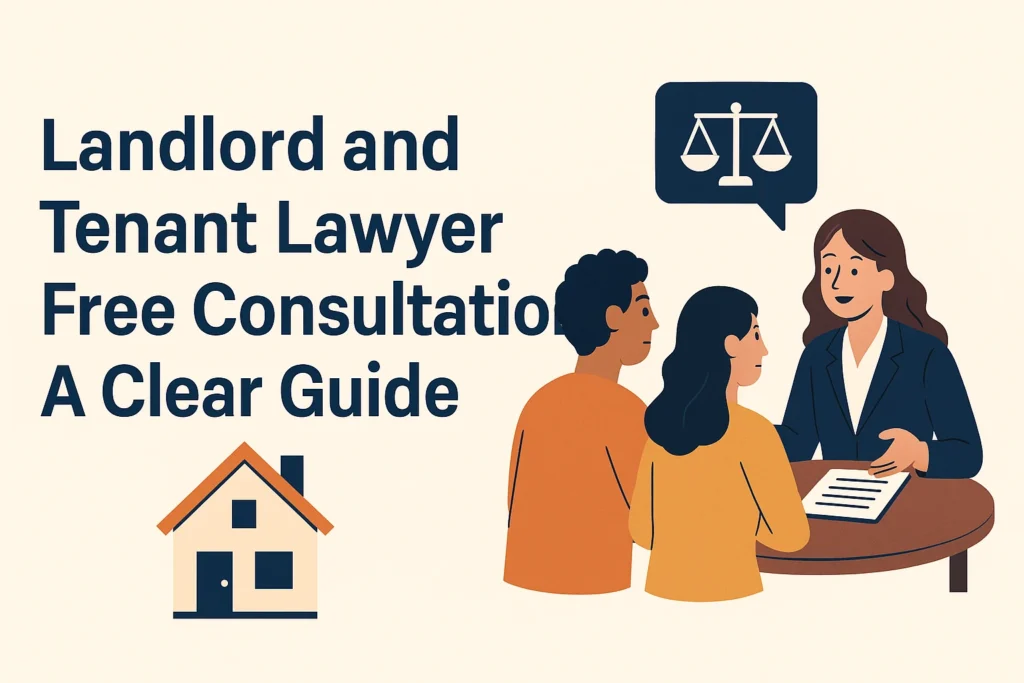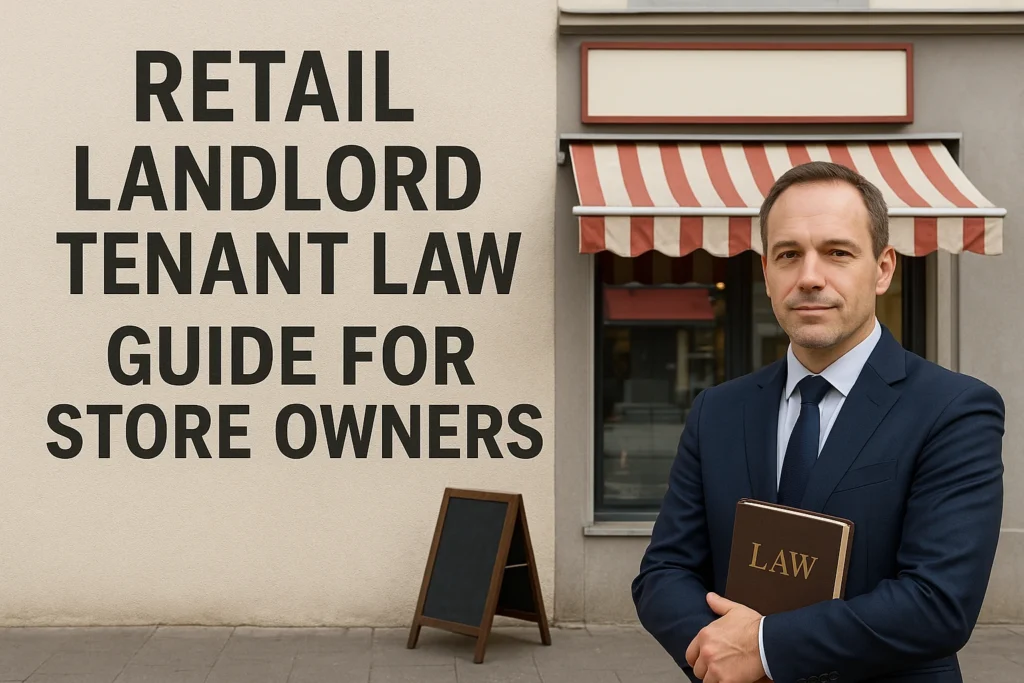Accidents do not ask for permission. A small spark can grow into a crisis in minutes. In a rental home, a fire can destroy property, disrupt lives, and trigger hard legal questions. Tenants and landlords want fast answers when the smoke clears.
Stress rises on both sides. Tenants fear bills, lost belongings, and a search for shelter. Landlords face repairs, lost rent, and a maze of claims. Emotions run hot. Clear rules and calm steps help everyone.
This guide explains what an accidental fire is, who may pay, and how to move forward. It keeps the focus on safety, law, and fair results. The goal is simple. Protect people. Protect homes. Restore order.
What Is an Accidental Fire?
An accidental fire starts without intent. No plan. No malice. A pan boils over and catches a towel. A space heater sits too close to a bedspread. A candle tips near a curtain. A charger fails and sparks. The cause looks small. The damage does not.
The source matters. If the fire begins in a tenant’s personal item, fault may point to the tenant. If the fire begins inside the unit’s wiring, the fault may point to the landlord. Facts decide outcomes. A fire report often sets the record.
No two cases match. The result will turn on evidence, lease terms, and state rules. Guesswork helps no one. Proof matters.
First Hours After a Fire
Safety comes first. Get out. Check for injuries. Call emergency services. Cooperate with responders. Do not reenter a dangerous space.
The next steps set the path. Tenants should notify the landlord at once. Landlords should secure the property. Both should take photos if safe. Details help later. Time stamps help more.
A short written summary helps memory. Note the room, the time, and the suspected cause. Keep all receipts for food, clothes, and temporary shelter. A clean record speeds claims.
Who Pays for Damage
Money questions arrive fast. Repairs cost money. Cleanup costs money. Lost rent costs money. The answer depends on the fault, the lease, and insurance.
Tenant fault can create liability. A left burner or unsafe heater can lead to payment duties. The landlord may recover costs through a claim against the tenant’s policy. The insurer may seek payback from a tenant without coverage. That process is called subrogation.
The landlord’s fault can shift the bill. Old wiring, broken outlets, or missing smoke alarms point to the owner’s duties. Property insurance then takes the lead. The policy pays for structural repairs. A landlord who ignores known hazards may face extra risk.
Some events have no clear fault. Insurance then serves as the main tool. Claims fund repairs and reduces conflict. Both sides benefit when coverage exists.
How the Lease Shapes Outcomes
Leases often include a fire or casualty clause. That clause tells both sides what happens after fire damage. It may require tenant insurance. It may set timelines for notice. It may allow the owner to end the lease after a major loss. It may allow a return after repairs.
Plain words matter here. A clear clause cuts delays and fights. Tenants should read this part before they sign. Owners should keep the clause simple and fair. Surprises harm trust.
If the lease is silent, local law fills gaps. Courts use basic rules of habitability, negligence, and contract. A clear paper trail still helps most.
What Renters Insurance Really Covers
Many tenants skip coverage. That choice can ruin finances after a fire. A landlord’s policy protects the building. It does not replace a tenant’s couch, laptop, or clothes. It does not pay for hotel rooms during repairs.
A standard renters policy helps in three ways. It replaces personal items. It pays for temporary housing when a unit becomes unsafe. It can cover liability if a tenant’s mistake harms the building or neighbors. Costs are modest in many areas. The value can be life-changing in a crisis.
Keep proof of the policy. Save the declarations page. Update item lists each year. Photos of rooms and receipts make claims smoother.
Landlord Duties After a Fire
Owners must protect life and property. That means fast action. Secure doors and windows. Shut off utilities if needed. Hire licensed pros for cleanup and repairs. Do not cut corners on safety.
Communication matters. Share timelines. Share contact details for the insurer or adjuster. Put updates in writing. Keep copies of invoices and reports. Clear notes reduce disputes.
Repairs must meet code. Smoke alarms must work before anyone returns. A safe, habitable unit is the legal standard. Anything less invites risk.
Tenant Duties After a Fire
Tenants must report the loss at once. Delay harms claims and trust. Give a short, honest account. Share photos. Share contact details for the renters’ insurer.
Protect what remains if it is safe to do so. Do not discard items without photos. Keep a simple list of lost property with rough values. Save all hotel and meal receipts. Send copies to the insurer when asked.
Honesty is the best shield. A clear record helps speed payment and reduces blame.
Can an Accidental Fire Lead to Eviction?
It can in some cases. A tenant who acted with gross carelessness may face a lease end. The owner must follow legal steps. Notice rules still apply. Courts still review facts.
A true accident often leads to a different result. Many states protect tenants who did not act in bad faith. A lease may still end if the unit cannot be used. That end flows from habitability, not punishment.
Some owners and tenants agree on a move-out with a release of claims. That path can save time and cut stress. Each case is unique. Put any deal in writing.
Habitability, Relocation, and Rent
A burned unit may fail habitability rules. No power. Heavy smoke. Damaged exits. In that case, the tenant must leave until repairs end. Rent duties often pause when a home cannot be used. Details depend on the lease and state law.
A renters policy can fund hotels or short-term rentals. A landlord policy does not cover a tenant’s living costs in most cases. Clear talk helps here. Share dates. Share plans. Avoid guesswork.
A partial loss may allow safe use of part of the unit. A rent reduction may fit that case. Negotiate a fair figure. Put it in writing.
Evidence That Decides Cases
Facts decide who pays. Key items include the fire department report, photos and videos, witness notes, and expert reports from adjusters or electricians. Leases, emails, and text logs also carry weight.
Store files in two places. A cloud folder helps. A simple timeline document helps more. Judges and adjusters like clear, dated proof.
How Insurers Handle These Claims
Insurers assign an adjuster. The adjuster reviews cause, scope, and cost. They may request receipts, item lists, and repair quotes. They may send vendors for cleaning and rebuilding. They may set limits based on the policy.
Answer fast. Keep responses short and factual. Ask for status dates. Request all denials in writing with reasons. Appeal through the carrier if needed. Most claims close faster with steady, calm updates.
Multi-Unit Fires and Neighbor Losses
Fires in one unit can harm others. Smoke moves. Water spreads. Hallways and roofs can suffer. Losses in neighbor units can lead to more claims and more stress.
Liability may expand in those cases. A renters policy with liability can shield a tenant who caused a spread. A building policy covers shared areas. Good records matter even more here.
Security Deposit Questions
Small fires may lead to limited repairs and cleaning. Owners may use part of the deposit if the tenant caused the harm. Owners must follow state rules on itemized lists and deadlines. Tenants should request a list if none arrives.
Large losses often exceed any Security deposit. Insurance then takes the lead. A fair deposit return builds trust when fault is unclear.
Disputes and Smart Ways to Resolve Them
Fires spark fights over cause, cost, and time. Mediation can help. A neutral person guides the talk. Many courts offer free or low-cost sessions. Settlements save money and time.
Arbitration can end disputes faster than a court. Check the lease for any clause on that process. A narrow, written issue often leads to a quick result.
If talks fail, the court remains. Small claims courts can handle modest losses. Big cases need lawyers. Pick counsel with fire or property claim experience.
Common Mistakes to Avoid
Do not speak in absolutes before reports arrive. Do not alter the scene once it is safe to preserve it. Do not give recorded statements without reading your policy rights. Do not skip deadlines. Do not discard damaged items before photos and a list.
Rushed choices cause loss. Careful steps protect both sides. Fair Communication During a Hard Time
Tension harms good decisions. Keep messages short and polite. Confirm calls with a brief email. Share facts, not blame. Set clear check-in dates. Move from emotion to action.
People remember how they were treated. Respect now can save months of fights later.
Simple Fire Prevention That Works
Most fires in homes start in kitchens. Stay near the stove when the heat is on. Use a timer. Keep towels and paper away from burners. Use a lid to smother small pan flames. Do not throw water on grease.
Heaters need space. Keep them clear of bedding and curtains. Use cords in good condition. Replace cracked plugs. Avoid loose power strips. Candles add risk. Use battery candles if possible. Test smoke alarms each month. Swap batteries on a set date each year.
Owners must keep wiring safe, vents clear, and alarms present. Fast repairs to reported hazards can prevent a disaster. A short checklist on move-in can teach safe habits and set expectations.
When to Call a Lawyer
Get legal help if injuries occur, claims stall, or blame is heavy. A lawyer can review the lease, letters, and reports. A lawyer can shield you in talks with insurers. Many offer short consults at low cost. Early advice often saves far more than it costs.
A Short Path Back to Normal
A stable plan helps restore order. Document the loss. File claims fast. Agree on access times for inspections and work. Confirm repair scope in writing. Set a target return date if the lease continues. Discuss rent adjustments when fair. Close the file with a final walk-through and receipts.
Small steps, done in order, turn crisis into progress.
Conclusion
An accidental fire caused by a tenant can upend life. Homes suffer. Bank accounts feel the shock. Trust can fade. Clear rules and steady action can limit the damage.
Tenants protect themselves with care, honest reports, and solid renters insurance. Landlords protect their property with code-level maintenance, a clear lease, and fair updates. Both sides gain when records are clean and tempers stay low.
Fire leaves marks on walls and minds. Good plans help heal both. Safety first. Facts next. Fairness always. That path gets everyone home again.
Disclaimer
This article offers general legal information. It does not give legal advice. For specific questions, speak with a qualified attorney in your state.



